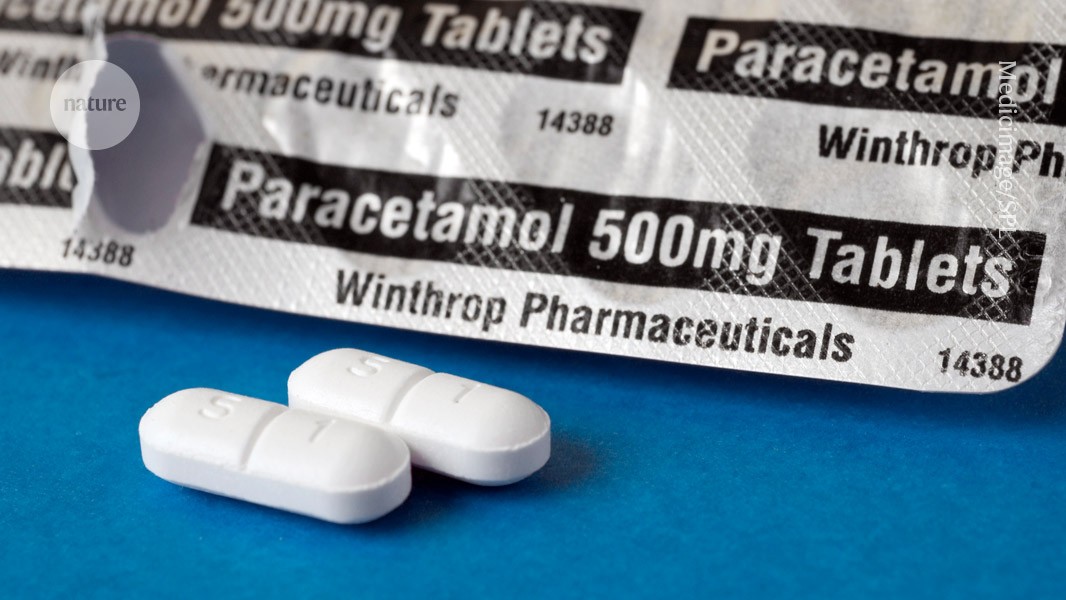
""We're able to transform a prolific environmental and societal waste into such a globally important medication in a way that's completely impossible using chemistry alone or using biology alone," says co-author Stephen Wallace, a chemical biotechnologist at the University of Edinburgh, UK."
"The reaction, called the Lossen rearrangement, has been known for over a century, but had previously been observed only in a test tube or a flask, says Wallace."
"To convert plastic waste into paracetamol, the researchers used conventional chemical methods to degrade and modify polyethylene terephthalate (PET), a plastic used in food packaging and textiles, into a precursor molecule."
"The authors also modified the E. coli, introducing the genes for enzymes able to catalyse reactions that use the product of the Lossen rearrangement."
A new study reveals that a common bacterium can be engineered to convert plastic waste into paracetamol, a significant medication. By decomposing polyethylene terephthalate (PET), a prevalent plastic, and leveraging a chemical reaction known as the Lossen rearrangement, researchers were able to bridge chemical and biological processes to create a sustainable method for drug synthesis. This breakthrough underlines the potential for using biology alongside existing chemical methods to transform environmental waste into valuable medical products, significantly impacting both healthcare and waste management.
Read at Nature
Unable to calculate read time
Collection
[
|
...
]